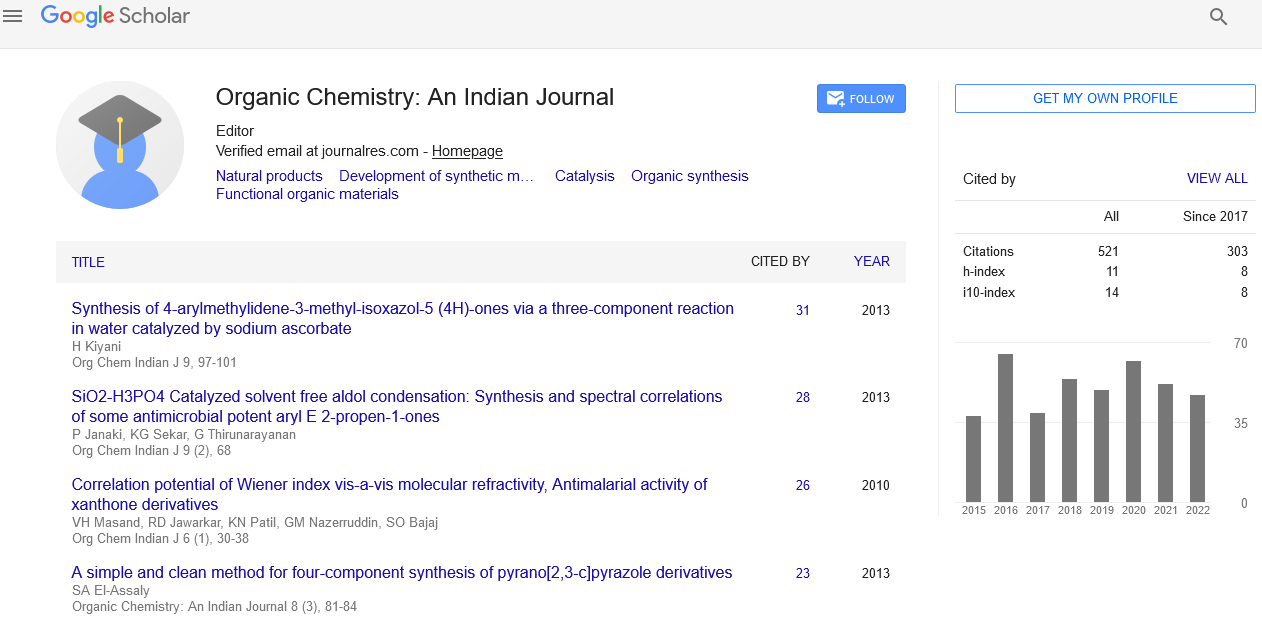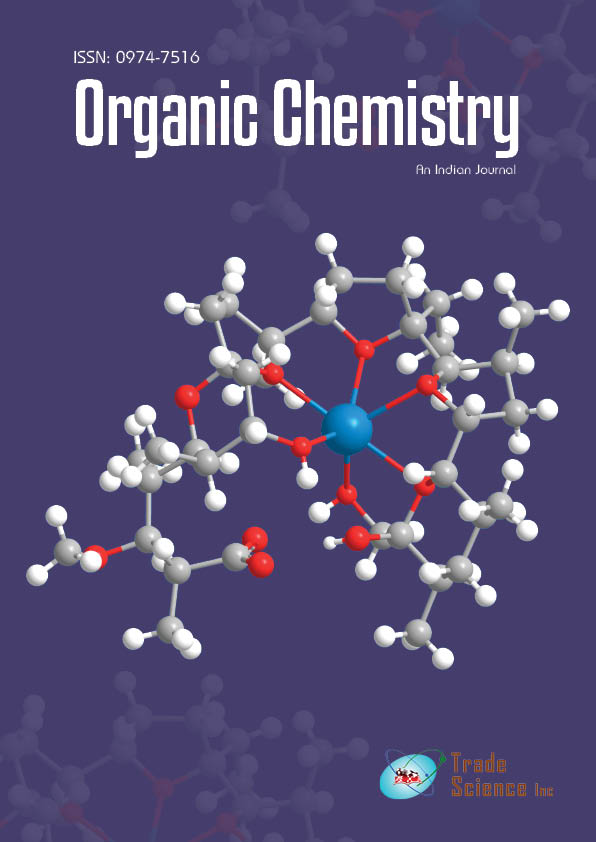Abstract
Organic Chemistry and Organic Synthesis's historical roots
Author(s): Triesten Walker *Aristotle is credited with coining the phrases "organic" and "synthesis," which originally meant "instrumental" and "put together," respectively. In the 1600s, iatrochemists developed several medicinal treatments but were unaware of organic chemistry. In the 1700s, Buffon, Bergman, and Gren described organic bodies as living creatures, but separate organic substances were not yet recognised. Scheele isolated organic natural products in the late 1700s and early 1800s, while Chevreuil distinguished carboxylic acids from saponification of lipids. Organic chemistry had already begun. Lavoisier created combustion analysis for organic characterisation, and Berzelius made it better. Bergman and others applied Descartes' rule that synthesis is necessary to support an analysis. When Wöhler and Kolbe synthesised organic molecules from the elements, the idea of organic chemistry underwent a significant paradigm shift. Modern synthetic organic chemistry, sometimes known as the chemistry of carbon compounds, regardless of whether they occur in nature or not, was established by Berthelot's syntheses of synthetic fats in 1853

